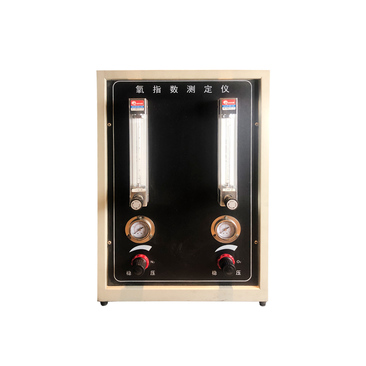Company Specializing in Machines for Measuring Tensile Strength in Various Materials
The Evolution and Importance of Machines that Test Tensile Strength
Tensile strength is a fundamental mechanical property of materials, defined as the maximum amount of tensile (stretching) stress that a material can withstand before failure. Understanding this property is crucial in fields such as construction, manufacturing, and aerospace, where material durability is essential for safety and performance. Testing tensile strength is thus a critical process, and specialized machines have been developed to perform this function efficiently and accurately.
Development of Tensile Testing Machines
The history of tensile testing machines dates back to the early 19th century when researchers and engineers sought to quantify the properties of various materials. The first simple testing apparatus was a lever system that evaluated the force required to break a material sample. Over the years, this rudimentary design evolved into more sophisticated machines as technology progressed.
The introduction of hydraulic and electrical systems marked a significant advancement in tensile testing technology. Hydraulic machines can apply massive forces with precision, controlled by hydraulic fluid pressure. On the other hand, electronic universal testing machines have taken over the market due to their accuracy, ease of use, and ability to conduct various tests beyond just tensile strength, such as compression, flexural, and fatigue tests.
Functionality of Tensile Testing Machines
A typical tensile testing machine consists of a frame, a load cell to measure force, grips to hold the sample, and a data acquisition system to record and analyze results. The samples, often made of metals, plastics, or composites, are placed in the machine and gradually pulled apart until they fracture. The force applied and the corresponding elongation (strain) of the material are continually recorded, allowing for the data to be plotted on a stress-strain curve.
This curve provides invaluable information about the material’s behavior. The yield point, ultimate tensile strength, and elongation percentage can be derived from the chart. Yield point signifies the stress at which the material begins to deform permanently, while ultimate tensile strength indicates the maximum stress the material can withstand before failure. The elongation percentage offers insights into ductility, revealing how much a material can stretch before it breaks.
machine that tests tensile strength company

Applications and Significance
The applications of tensile testing machines are vast and varied. In construction, understanding the tensile strength of materials such as steel is crucial for ensuring the safety and longevity of structures. Aerospace industries rely on tensile testing to ensure components can endure extreme forces experienced during flight. Similarly, the automotive sector employs tensile testing to enhance the safety and performance of vehicles.
Beyond industrial applications, tensile testing is essential in quality control processes. Manufacturers utilize these machines to test raw materials and finished products, ensuring they meet specified standards and regulations. This not only ensures consumer safety but also minimizes costly recalls and legal liabilities for companies.
Advancements in Technology
Innovation in tensile testing has not halted. Modern machines incorporate advanced technology such as computer-controlled systems and sophisticated software for data analysis. This allows for more comprehensive testing and immediate reporting of results, making the processes more efficient. Furthermore, the advent of online testing capabilities has enabled remote monitoring and operation, adding convenience and flexibility for manufacturers and researchers alike.
Conclusion
Machines that test tensile strength have evolved significantly over the years, becoming indispensable tools across multiple industries. Their ability to provide precise and reliable data on material properties directly contributes to product safety, performance, and innovation. As technology continues to advance, these machines will undoubtedly become even more sophisticated, further enhancing our understanding of materials and solidifying their role in modern engineering and manufacturing. In a world that increasingly leans on advanced materials and technologies, the importance of tensile testing will only grow, highlighting the need for continued investment and innovation in this field.
-
Why the Conductor Resistance Constant Temperature Measurement Machine Redefines Precision
NewsJun.20,2025
-
Reliable Testing Starts Here: Why the High Insulation Resistance Measuring Instrument Is a Must-Have
NewsJun.20,2025
-
Flexible Cable Flexing Test Equipment: The Precision Standard for Cable Durability and Performance Testing
NewsJun.20,2025
-
Digital Measurement Projector: Precision Visualization for Modern Manufacturing
NewsJun.20,2025
-
Computer Control Electronic Tensile Tester: Precision and Power for the Modern Metal Industry
NewsJun.20,2025
-
Cable Spark Tester: Your Ultimate Insulation Assurance for Wire and Cable Testing
NewsJun.20,2025
 Copyright © 2025 Hebei Fangyuan Instrument & Equipment Co.,Ltd. All Rights Reserved. Sitemap | Privacy Policy
Copyright © 2025 Hebei Fangyuan Instrument & Equipment Co.,Ltd. All Rights Reserved. Sitemap | Privacy Policy
